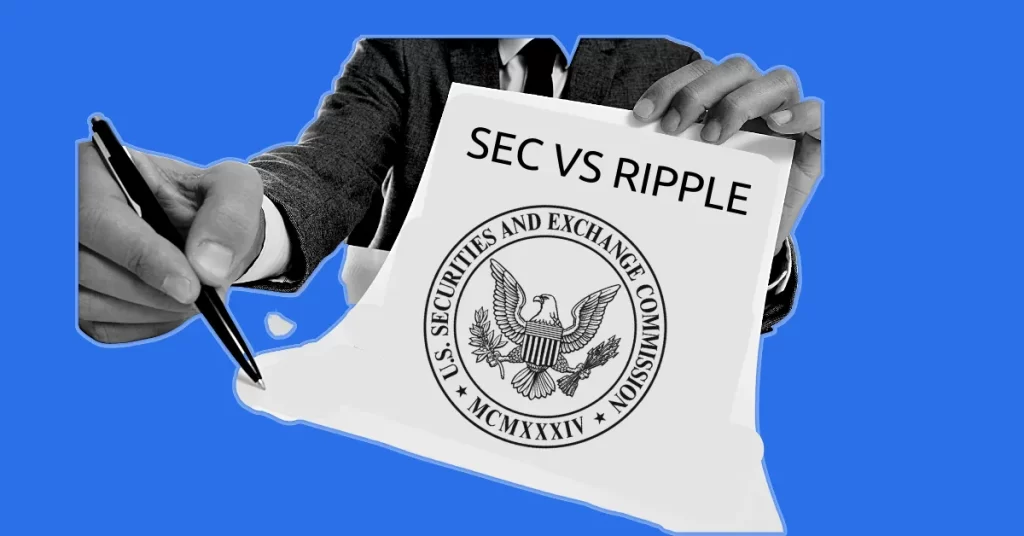
The post Ripple Vs SEC: Hinman Papers Exposed – Why Did The SEC Exempt Ethereum From Regulatory Action? appeared first on Coinpedia Fintech News
In a groundbreaking disclosure, the Securities and Exchange Commission (SEC) has unveiled the “Hinman papers,” which have caused a stir within the Ethereum community. These papers, named after former SEC Director of Corporation Finance William Hinman, provide an unprecedented glimpse into the SEC’s position on Ethereum.
These papers confirm that, back in 2018, senior SEC officials did not categorize Ether, the native currency of Ethereum, as a security, leaving the door wide open for potential regulatory maneuvering.
Why Is ETH Getting Off Scot-Free?
This unexpected insight into the SEC’s stance on Ethereum could well explain why Ether has largely escaped regulatory scrutiny this year, even as other cryptocurrencies have found themselves in the SEC’s crosshairs.
Also Read: Ripple’s Stuart Alderoty Exposes SEC’s Bias: Are They Playing Favorites? – Coinpedia Fintech News
According to analysts at banking giant JPMorgan, these revelations could significantly influence not only the course of U.S. Congressional regulations might also trigger a rush among major cryptocurrencies to increase their level of decentralization and emulate Ethereum’s success.
A Regulatory Tipping Point
The ripple effects of the Hinman papers reach far beyond Ethereum. Congress may soon find itself in a crucial juncture, deciding whether to classify Ether as a commodity, similar to Bitcoin, and thus falling under the purview of the Commodity Futures Trading Commission (CFTC).
JPMorgan’s team also posits the introduction of a new regulatory category specifically for decentralized cryptocurrencies like Ethereum, thereby allowing them to sidestep the security label.
Decentralization Is Key
In the rapidly evolving world of cryptocurrencies, decentralization has emerged as a potential shield against being labeled a security. The more a cryptocurrency can demonstrate its decentralization, the better its chances of evading this classification, according to the insights gleaned from the Hinman papers.
Implications For The Market
The release of the Hinman papers has sent shockwaves throughout the cryptocurrency industry, prompting an important question: will other major cryptocurrencies follow Ethereum’s lead and embark on a path toward increased decentralization to avoid the security designation? How will the industry respond?

 2 years ago
110
2 years ago
110
 BREAKING: Explosive SEC-Ripple Case Documents Unleashed
BREAKING: Explosive SEC-Ripple Case Documents Unleashed 
 The SEC's release of the Hinman papers in the
The SEC's release of the Hinman papers in the 















 English (US) ·
English (US) ·